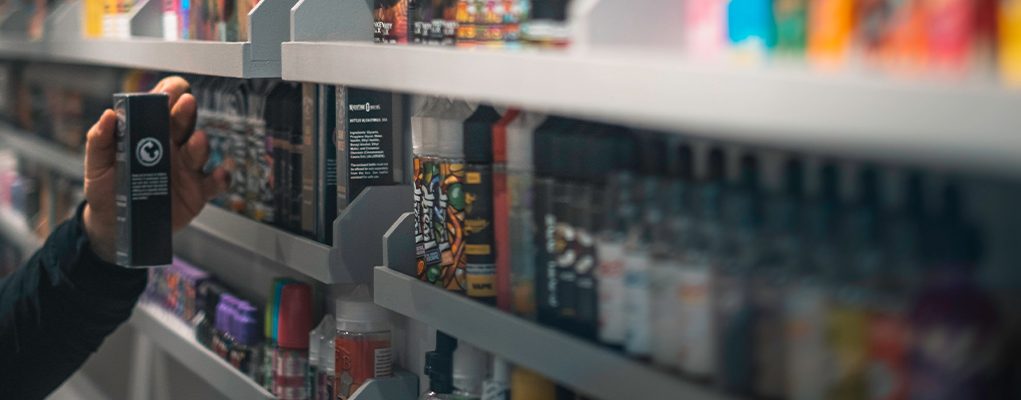“We have long supported the formalisation of vaping as an R18 activity and mandatory product safety standards. However, a lot of the industry regulation now in effect or timetabled is just not workable. It will seriously hinder New Zealand’s smokefree efforts,” said AVCA co-director Nancy Loucas.
Stress and boredom are known to be major factors in pushing smokers to consume more or to reach back for cigarettes once they have quit. “The timing couldn’t be worse. The flavour restrictions took effect on 11 August and by 17 August we were in a total nationwide lockdown. Those going to their local supermarket or service station can access every tobacco brand under the sun, but only a very limited range of vape flavours. That’s not good when you’re trying to give up smoking.”
Meanwhile cigarettes remain fully available
Ironically, general retailers selling cigarettes remain open. “Full access to the cancer sticks yet limited access to safer alternatives is sadly only going to slowdown New Zealand achieving smokefree status,” said Loucas.
Similarly, when Wales was heading into a second lockdown last fall, the Independent British Vape Trade Association (IBVTA) had shared the view of Professor John Britton from the University of Nottingham, and former Chair of the Royal College of Physicians Tobacco Advisory Group, as to why vape stores should be deemed essential retail outlets.
“Almost all of the UK’s 3.2 million vapers are ex-smokers or current smokers. These vapers have replaced entirely or are reducing their combustible tobacco dependence with a much safer (and less addictive) alternative. However, the vast majority of those vapers are still addicted to nicotine at least to some degree, and in many cases are reliant on their local vape shop to ensure continuity of supply,” explained the Professor.
“Should e-cigarettes, e-liquids and associated accessories not be readily available, a proportion of those vapers will be very tempted to buy a packet of cigarettes to tide them over, and the proportion that are currently using both e-cigarettes and cigarettes will revert entirely to smoking rather than vaping. Despite plain packaging for combustible cigarettes, and the display restrictions imposed on the product set, cigarettes are still available in a huge range of outlets, and are far more easily accessible than vaping products.”
Podcast: Latest Primary Results; Why Biden Will Win; Coronavirus Impact On Smoking and Vaping












